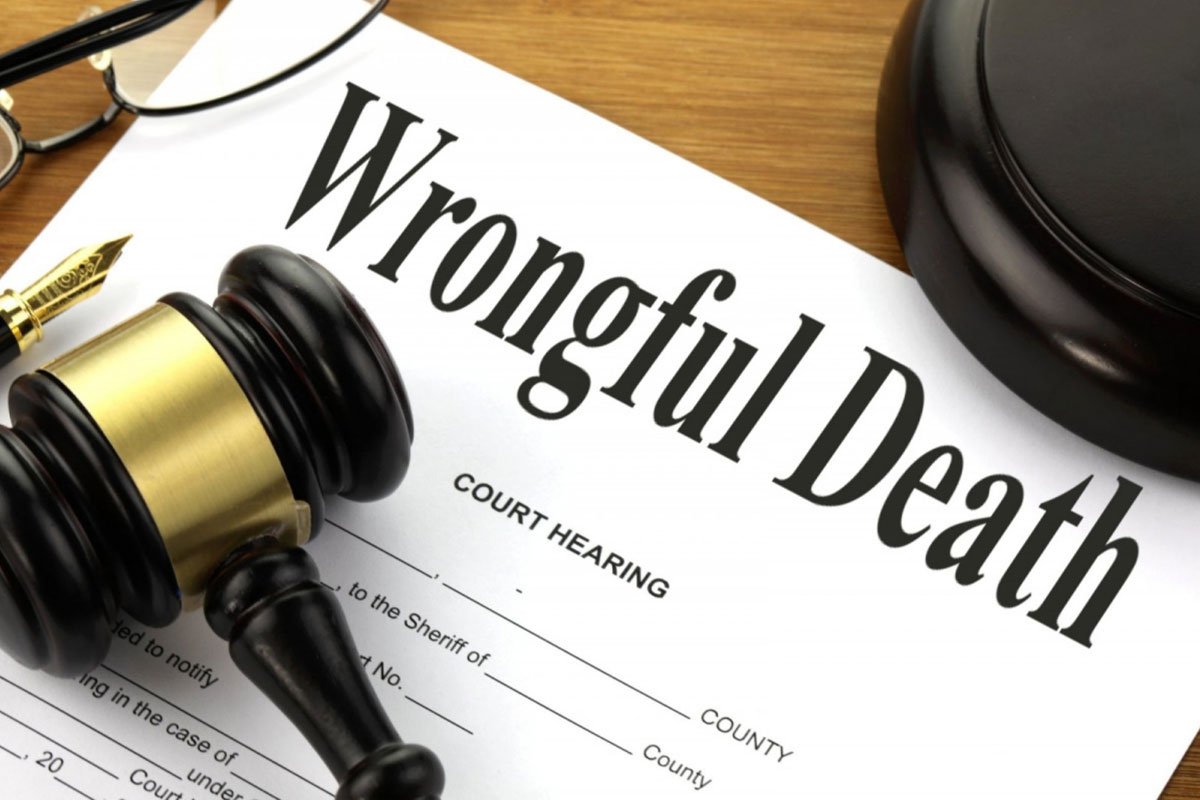When faced with the unfortunate loss of a loved one due to negligence or intentional actions, pursuing to prove a wrongful death claim can provide a means of seeking justice and compensation for the untimely passing.
With wrongful death attorneys, the responsible parties can be held accountable for their actions by the surviving family members or beneficiaries. This comprehensive guide will examine critical elements for a successful wrongful death claim to expedite your chances of obtaining justice.
Understanding Wrongful Death Claims
When an individual’s death occurs due to someone else’s negligence, recklessness or intentional harm, wrongful death claims are filed. The purpose of such a claim is to provide a pathway for the deceased person’s family to seek compensation for various damages, including financial losses, emotional suffering, and loss of companionship.
To establish liability, a wrongful death claim must prove the following key elements:
Duty of Care
Establishing a wrongful death claim is essential to proving that the responsible party had a duty of care for the deceased person. This duty of care signifies a legal obligation to act responsibly and prevent harm. For instance, in a medical malpractice case, a healthcare provider is responsible for providing competent and safe medical treatment to patients.
Breach of Duty
Once the duty of care is established, the next step is to prove that the responsible party breached this duty. This means showing that their actions or inactions deviated from the standard of care expected in a similar situation. Providing evidence of negligence or misconduct is pivotal in demonstrating this breach.
Causation
Linking the breach of duty to untimely death is a critical element. Establishing a direct causal connection between the responsible party’s actions and the fatal outcome is essential.
The breach of duty must be proven to have directly led to the death and that no intervening factors contributed substantially.
Damages
In a wrongful death claim, damages encompass a wide range of losses suffered by the surviving family members. This includes economic damages like medical expenses, funeral costs, and the deceased person’s lost earnings.
Non-economic damages such as emotional pain, loss of companionship, and mental anguish are also considered. Providing evidence of these damages helps quantify the compensation sought.
Initiating a Wrongful Death Claim
Commencing a successful wrongful death claim involves meticulous attention to legal procedures and gathering compelling evidence. Here are the steps typically involved:
Consultation with an Attorney
Engaging an experienced wrongful death attorney is crucial. They can provide legal guidance, assess the claim’s viability, and offer insights into potential outcomes.
Investigation and Evidence Collection
Thoroughly investigating the circumstances surrounding the death is vital. This involves collecting relevant documents, medical records, eyewitness accounts, and expert opinions to build a robust case.
Negotiation and Settlement
Outside court settlement may be reached in many cases. Skilful negotiation with the opposing party’s legal representatives can lead to a fair compensation agreement.
Litigation
If a settlement cannot be reached, litigation becomes necessary. Your attorney will present your case in court, highlight the critical elements discussed earlier, and advocate for your rights.
Are You Navigating the Path to Justice?
An effective wrongful death claim requires a deep understanding of legal principles and a strategic approach to presenting evidence. By comprehensively addressing the critical elements, you can strengthen your chances of pursuing a successful claim.
Remember, seeking the expertise of a qualified wrongful death attorney can significantly enhance your prospects of achieving a just outcome during this difficult time.


